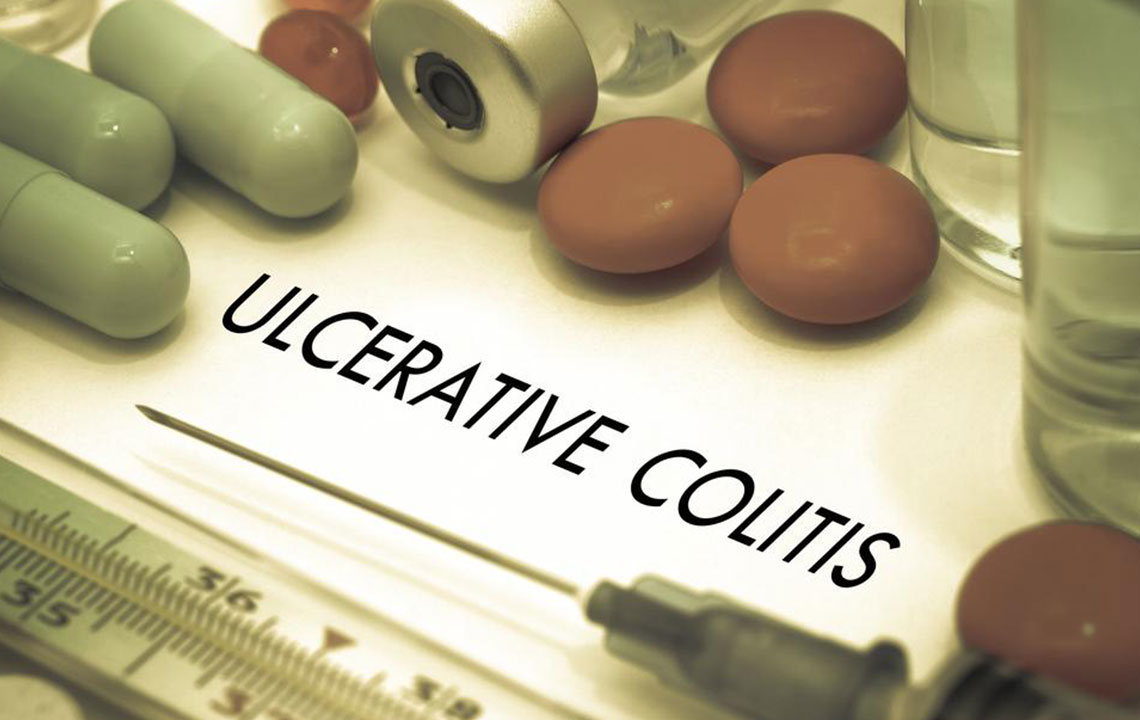Effective Strategies for Managing Ulcerative Colitis
This article explores various approaches to treating ulcerative colitis, emphasizing personalized strategies based on symptom severity. It covers medication options like anti-inflammatories, steroids, biologics, and surgical interventions, along with the importance of dietary adjustments and ongoing monitoring. Suitable for patients seeking effective management methods, the article highlights the importance of tailored treatment plans for controlling inflammation and maintaining remission.
Sponsored

Ulcerative colitis is a complex inflammatory bowel disease with varying severity. Its treatment approach depends on symptom intensity, often involving dietary modifications, medications, and in some cases, surgery. Mild cases may require minimal intervention, while severe cases need aggressive therapy. Managing complications like infections or anemia is crucial. For children, nutritional supplements support growth and development. When symptoms are minimal, no treatment may be necessary. The goal is to reduce inflammation, maintain remission, and improve quality of life through personalized treatment plans.
How Treatment Varies with Symptoms
Symptoms influence treatment choices. Mild symptoms are managed with suppositories, enemas, and medications like anti-inflammatories and steroids to induce remission. Dietary adjustments are also essential. Moderate to severe symptoms require higher doses of steroids to control inflammation, followed by maintenance with aminosalicylates. In extreme cases, powerful drugs like immunomodulators or biologics may be prescribed. Surgery to remove the colon may be considered for persistent or life-threatening symptoms, serving as a potential cure, but it does not address all systemic issues.
Ulcerative colitis treatments include:
Immunomodulators: Medications like cyclosporine suppress immune activity to reduce inflammation.
Biologics: Drugs that block inflammatory processes, effective when other treatments fail.
Surgery: Removal of the colon can eliminate disease but is usually a last resort, especially for complications like toxic megacolon or severe bleeding.
Common medications include:
Aminosalicylates: Reduce intestinal inflammation; side effects may include headaches or digestive issues.
Corticosteroids: Used for active inflammation; side effects include weight gain, fatigue, and increased infection risk.
Cyclosporine: For resistant cases; potential risks include kidney damage and infections.
Vedolizumab: A newer option blocking inflammatory cell migration, suitable for those who can't tolerate other biologics.
Hospital treatment might be necessary for severe cases with systemic symptoms, requiring IV fluids or electrolyte replacement. Follow-up visits are essential for monitoring, especially if symptoms persist or worsen. Many patients learn to manage mild flare-ups independently, improving their quality of life with appropriate care.






